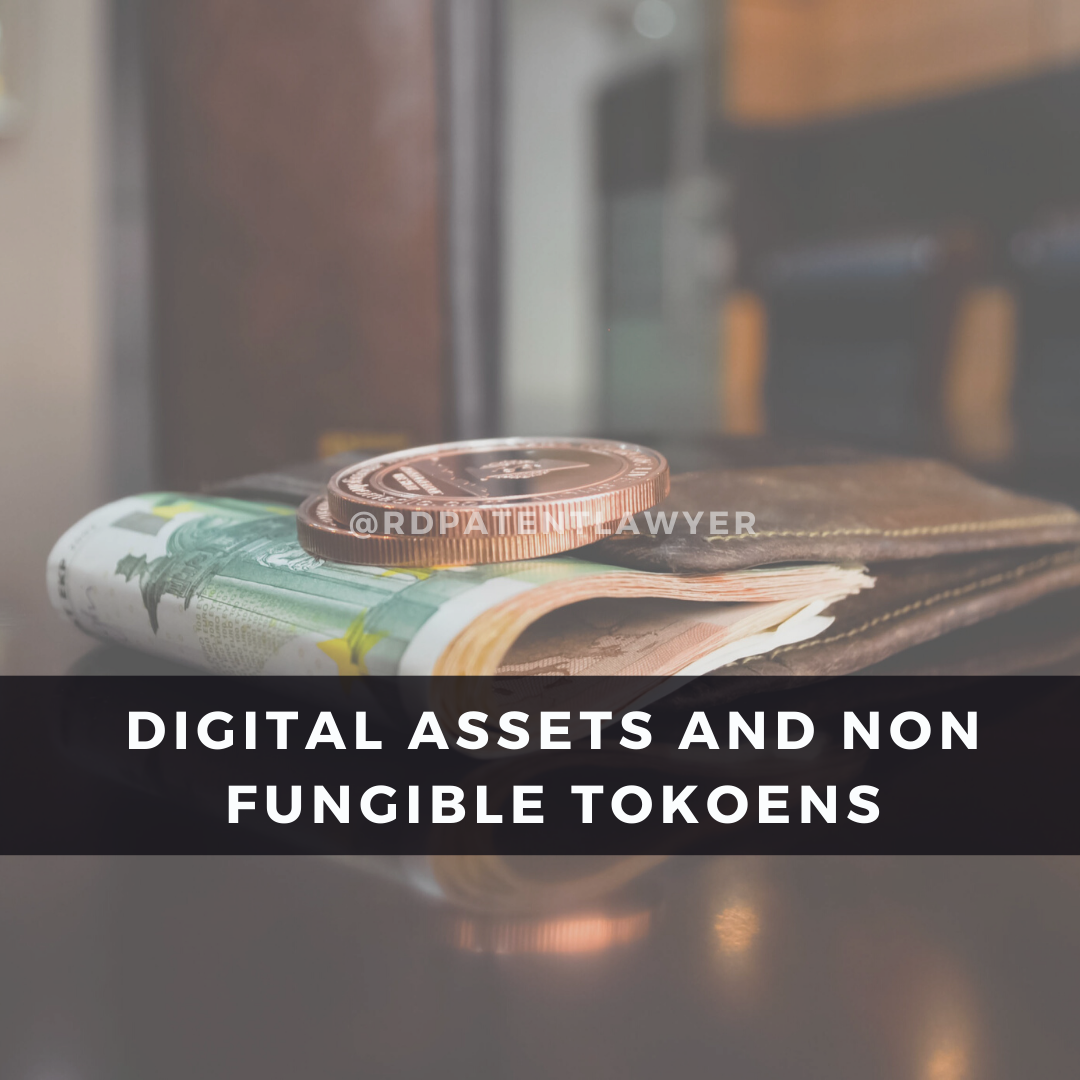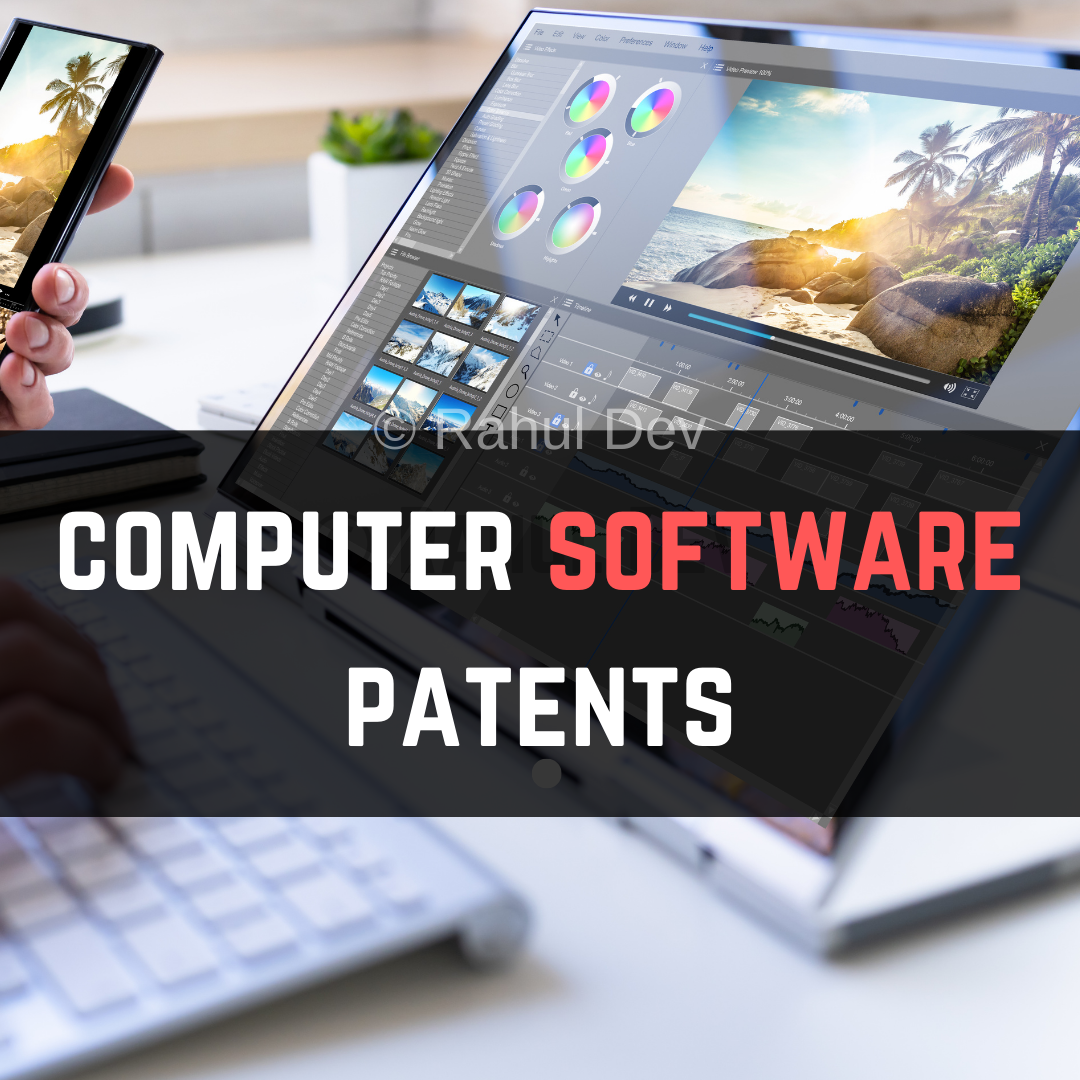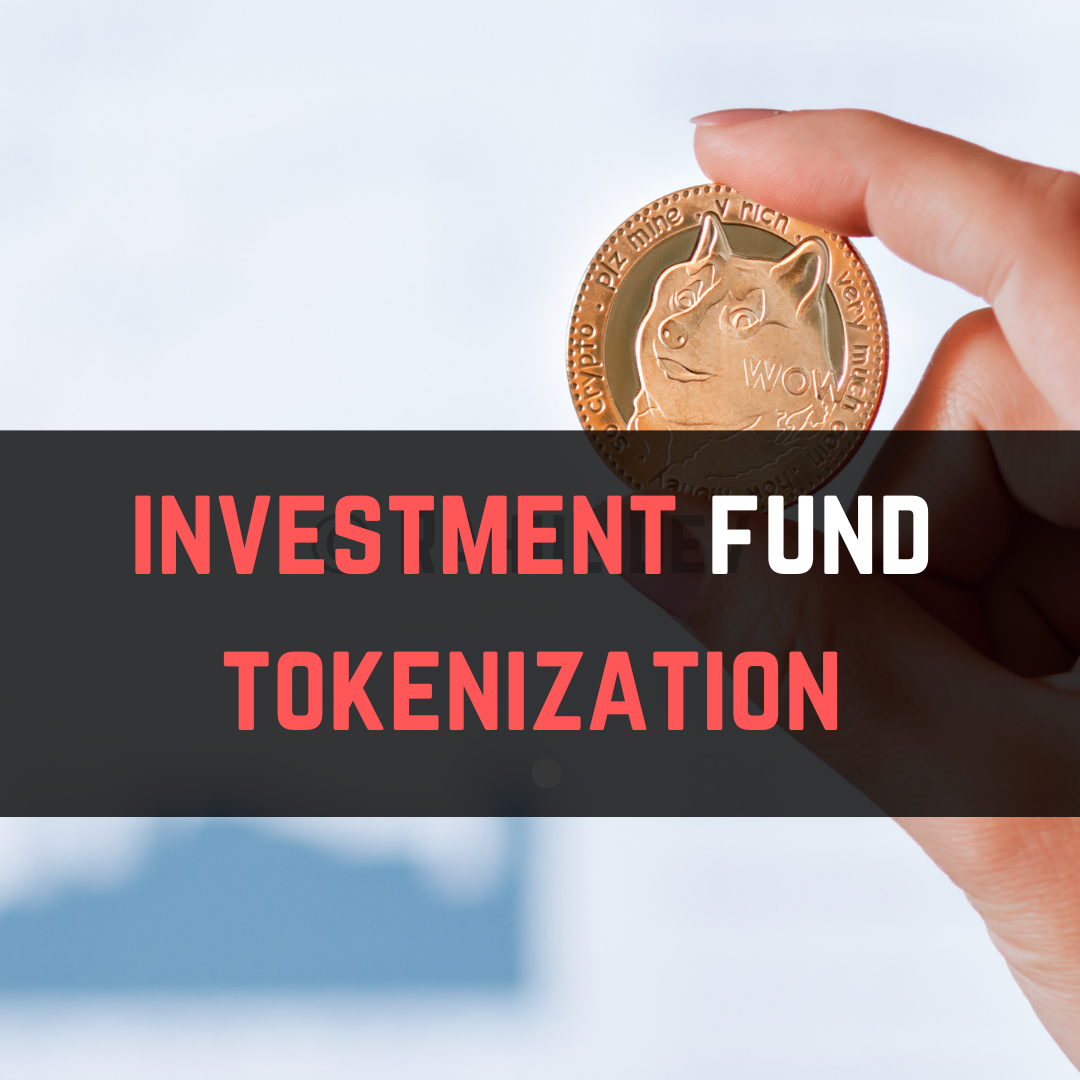
Blockchain applications are evolving fast and latest category is a unique digital asset called non-fungible token or NFT. An example of blockchain application is the gaming platform Gods Unchained. This platform provides a collectible card game developed on the blockchain platform. Blockchain based companies protect their innovations through patent filing across multiple jurisdictions by way of PCT international phase patent applications. With a view to develop strong business strategy for blockchain companies, blockchain lawyers work closely with clients to ensure proper compliance with applicable regulations. Such compliance also covers writing legal opinion letters to determine whether tokens qualify as a utility token or a security token.

From the perspective of development, NFTs may sound complicated due to the comprehensive technical nature of the tokens. However, as a user, NFTs are simple to understand. In basic terminology, NFTs are collectibles and represent digital versions of traditional sport cards. The usage of blockchain technology at the backend provides a complex set of algorithms that are based on cryptography aimed at verifying the authenticity of these digital assets called NFTs. In use, Non-fungible tokens, also known as NFTs are unique crypto assets used to represent both tangible and intangible things. A tangible item includes objects that can be touched like a building, gadget, and so on. Whereas, an intangible item can only be perceived indirectly. Fungibility is the ability of an asset to be traded for the same thing, for instance, gold, dollar, and so on. On the other hand, non-fungibility is the ability of an asset to be irreplaceable or novel for instance craftsmanship and so on. A non-fungible token is a digital asset of authenticity and credibility. It is owned collectively and also known as the blockchain. It helps in tracking the transaction history. NFTs are developing with time and industry development.
NFTs are non-fungible, implying that they are unique. For example, the cell phones, PCs, PS5, cosmetics unit, and everything that holds a similar value and can be effectively purchased again are fungible. NFTs are objects that exist just in a digital format, which can be purchased and owned. The most suitable example could be fine arts, which can’t be replaced.
As referenced earlier, NFTs are digital certificated which can be bought and sold for any other similar valuable item. After which, a certificate secured with Blockchain Technology is received after the purchase. The certificate, therefore, depicts the owner of the specific digital asset. It must also be noted that anyone can make, purchase and sell an NFT without requesting any prior permission. These resources are stored in an encrypted peer-to-peer network which makes it hard for cybercriminals to hack or interfere.
Non-fungible tokens are developed over the moderately simple idea of cryptographic forms of money or cryptocurrencies. Present-day finance frameworks comprise complex exchanging and advance frameworks for various resource types, going from real estate to lending agreements to artwork. By empowering digital representations of physical resources, NFTs are a stage forward in the reinvention of this foundation. Certainly, the possibility of digital representations of physical resources isn’t novel nor is the utilization of unique identification. Nonetheless, when these ideas are joined with the advantages of a tamper-resistant blockchain of smart agreements, at that point they become a powerful power for change.
The most obvious advantage of NFTs is market effectiveness. The transformation of an actual resource into an advanced one smoothes out cycles and eliminates middle people. NFTs addressing advanced or actual fine art on a blockchain eliminates the requirement for specialists and permits craftsmen to interface directly with their crowds. They can likewise improve business measures. For instance, an NFT for a wine container will make it simpler for various entertainers in an inventory network to communicate with it and help track its provenance, creation, and deal through the whole cycle. Consulting firm Ernst and Young have effectively grown such a solution for one of its customers.
NFTs can likewise democratize contributing by fractionalizing actual resources like land. It is a lot simpler to split an advanced land resource between different proprietors than an actual one. That tokenization ethic need not be obliged to real estate; it tends to be reached out to different resources, like fine art. In this manner, an artwork need not generally have a sole proprietor. Its digital equivalent can have numerous proprietors, each liable for a small portion of the artistic creation. Such courses of action could build its value and incomes.
The most exciting opportunities for NFTs lie in the making of new business sectors and types of investments. For instance, consider a piece of land allocated numerous divisions, every one of which contains various attributes and property types. One of the divisions may be close to a seashore while another is a diversion complex and, one more, is a private area. Based upon its attributes, each real estate is novel, estimated unexpectedly, and addressed with an NFT. Real estate trading, a complex and regulatory undertaking, can be streamlined by incorporating important metadata into every unique NFT.
While both NFTs and Bitcoin fall under digital currencies, however, what makes NFTs distinctive is that they can’t be used directly as a mechanism for business exchanges. Bitcoin is fungible which implies it very well may be exchanged or traded one for another. For instance, the estimation of one bitcoin holds a worth identical to another Bitcoin. Although, this isn’t the situation with NFTs. Two NFTs are rarely indistinguishable, regardless of whether they end up existing on a similar stage, or so far as that is concerned even in a similar collection. It can be considered as a novel collectible card that must be possessed by each individual at a time.
Like some other types of digital currencies, NFTs can be purchased and sold. To do that Metamask, a digital wallet for Ethereum is the second most well-known digital currency after Bitcoin. In the wake of introducing Metamask, one can purchase Ethereum. The site that sells NFTs can utilize the purchased Ethereum to purchase an NFT. The NFTs can likewise be exchanged from crypto exchange Uniswap by connecting the Metamask account.
In India, NFT is genuinely another idea and specialists accept that it may require some investment for this pattern to get well known. India has lakhs of traditional artisans who could profit from using NFTs to verify their unique work. Also, the developing number of craftsmen working in digital media can protect their creations with the tokenized wrapper as proof of their original work. With time, NFTs will get famous as the craftsmen have begun to find unique digital money or cryptocurrency.
Our team of advanced patent attorneys assists clients with patent searches, drafting patent applications, and patent (intellectual property) agreements, including licensing and non-disclosure agreements.
Advocate Rahul Dev is a Patent Attorney & International Business Lawyer practicing Technology, Intellectual Property & Corporate Laws. He is reachable at rd (at) patentbusinesslawyer (dot) com & @rdpatentlawyer on Twitter.
Quoted in and contributed to 50+ national & international publications (Bloomberg, FirstPost, SwissInfo, Outlook Money, Yahoo News, Times of India, Economic Times, Business Standard, Quartz, Global Legal Post, International Bar Association, LawAsia, BioSpectrum Asia, Digital News Asia, e27, Leaders Speak, Entrepreneur India, VCCircle, AutoTech).
Regularly invited to speak at international & national platforms (conferences, TV channels, seminars, corporate trainings, government workshops) on technology, patents, business strategy, legal developments, leadership & management.
Working closely with patent attorneys along with international law firms with significant experience with lawyers in Asia Pacific providing services to clients in US and Europe. Flagship services include international patent and trademark filings, patent services in India and global patent consulting services.
Global Blockchain Lawyers (www.GlobalBlockchainLawyers.com) is a digital platform to discuss legal issues, latest technology and legal developments, and applicable laws in the dynamic field of Digital Currency, Blockchain, Bitcoin, Cryptocurrency and raising capital through the sale of tokens or coins (ICO or Initial Coin Offerings).
Blockchain ecosystem in India is evolving at a rapid pace and a proactive legal approach is required by blockchain lawyers in India to understand the complex nature of applicable laws and regulations.
Read About Patent FIling Guide



